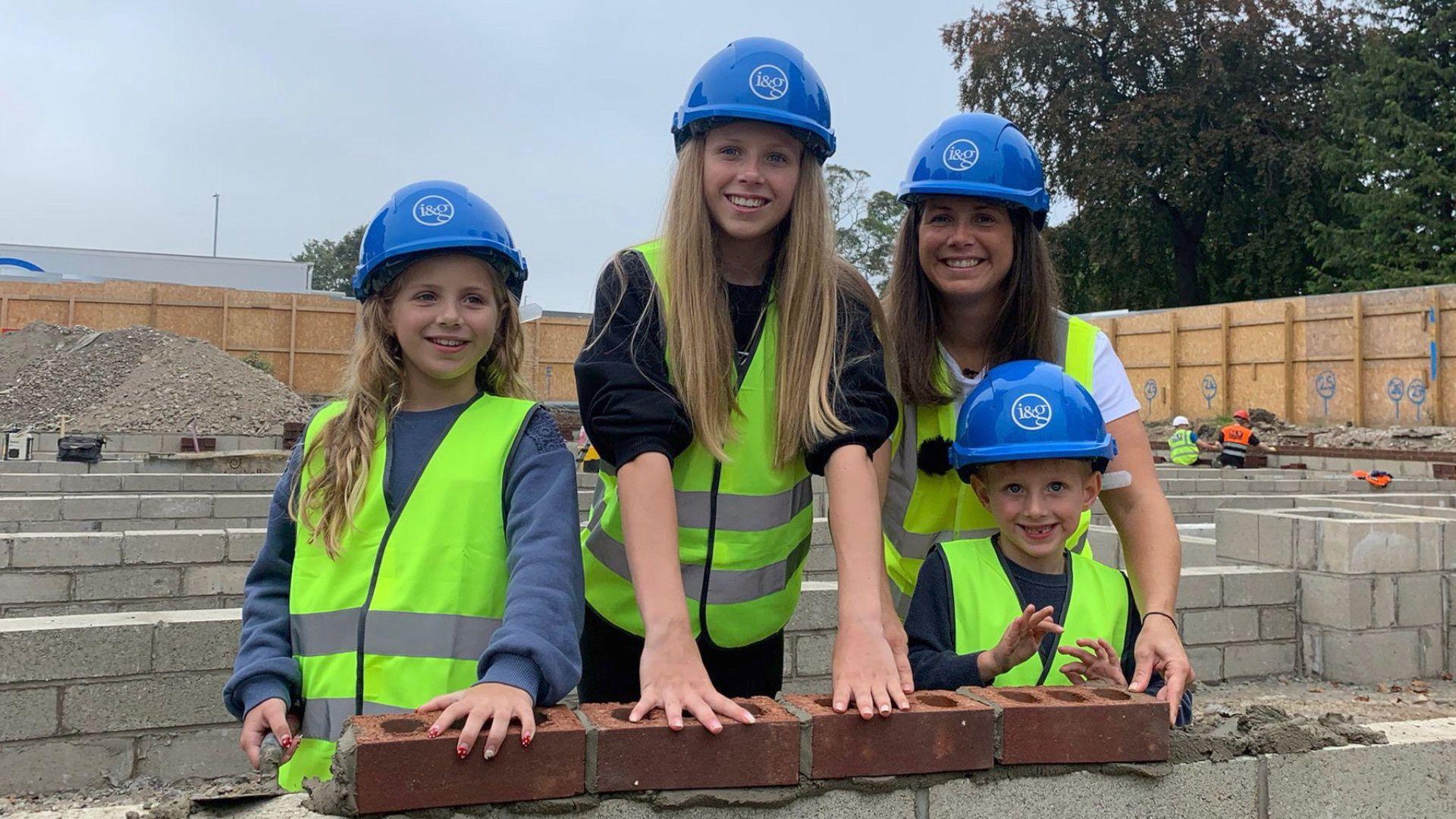AI projects seek earlier diagnosis of MND
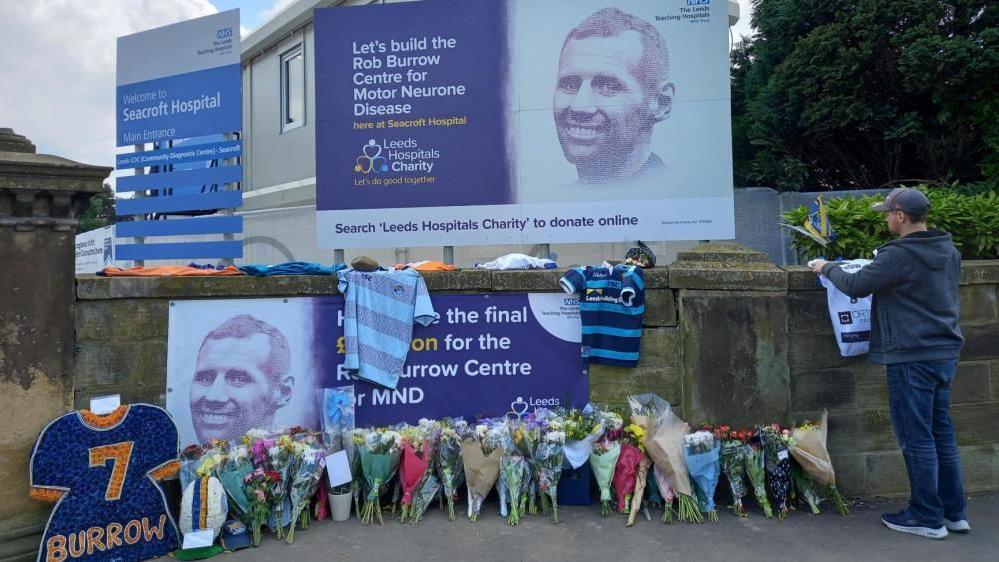
The Rob Burrow Centre for Motor Neurone Disease is expected open in the autumn
- Published
Two "ambitious" projects to provide an earlier diagnosis of motor neurone disease (MND) are set to launch in Leeds.
The work will use artificial intelligence (AI) and less invasive procedures to detect signs of the debilitating condition in ways that are more "fit for modern times" and lead to better outcomes for patients, experts said.
The projects will launch at the Rob Burrow Centre for Motor Neurone Disease, a facility set up after the Leeds Rhino player died from the disease aged 42 in June 2024.
Research lead Dr Agam Jung said the projects would give patients a better chance to make the most of their lives and to "live in the now".
The first technology - called magnetic resonance fingerprinting (MRF) - aims to detect upper motor neurone signs in multiple areas of the brain at once, and measure any abnormalities in underlying brain tissue.
Meanwhile, the second project plans to use AI on videos of patients' limbs and tongues to identify small muscle twitches that are a key sign of the condition.
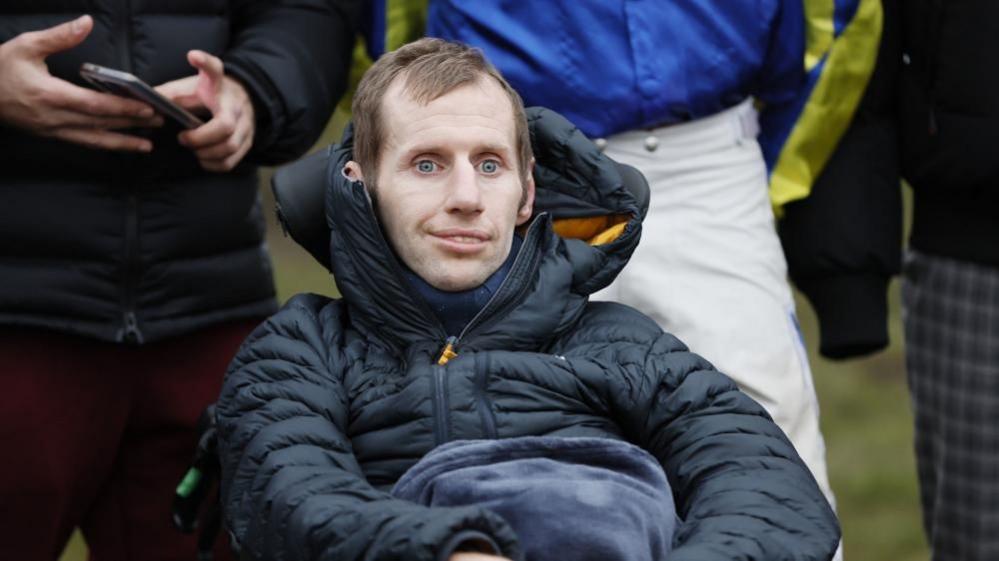
Leeds Rhino player Rob Burrow died from motor neurone disease in June 2024
Currently, most people with suspected MND undergo a specialised test using painful needles and electricity, called electromyography (EMG).
Leeds Teaching Hospitals NHS Trust said the aim was to develop a simple test to help doctors recognise the signs of MND earlier, using AI applied to input from an ordinary camera, for example in a smartphone.
Dr Jung, consultant neurologist at Leeds Teaching Hospitals and director of the Leeds MND Centre, said: "Time and again, I bear witness to anxiety and fear during the diagnostic journey.
"There is an urgent need to identify diagnostic tools fit for the modern times we live in.
"Harnessing technology, machine learning and artificial intelligence will help us alleviate our patients' suffering significantly."
Leeds Hospitals Charity has invested £230,000 in the research.
Its CEO Esther Wakeman said: "After reaching our fundraising target for the Rob Burrow Centre for Motor Neurone Disease, we knew we wanted to continue to support the Leeds MND Service to ensure we can support the Leeds Teaching Hospitals Trust in setting this centre apart from anything else.
"Building the centre is just the start of our journey."
The new Rob Burrow Centre for MND is expected to open in autumn 2025, and it is hoped the research will get under way in early 2026.
Get in touch
Tell us which stories we should cover in Yorkshire
Listen to highlights from West Yorkshire on BBC Sounds, catch up with the latest episode of Look North.
Related topics
- Published10 December 2024
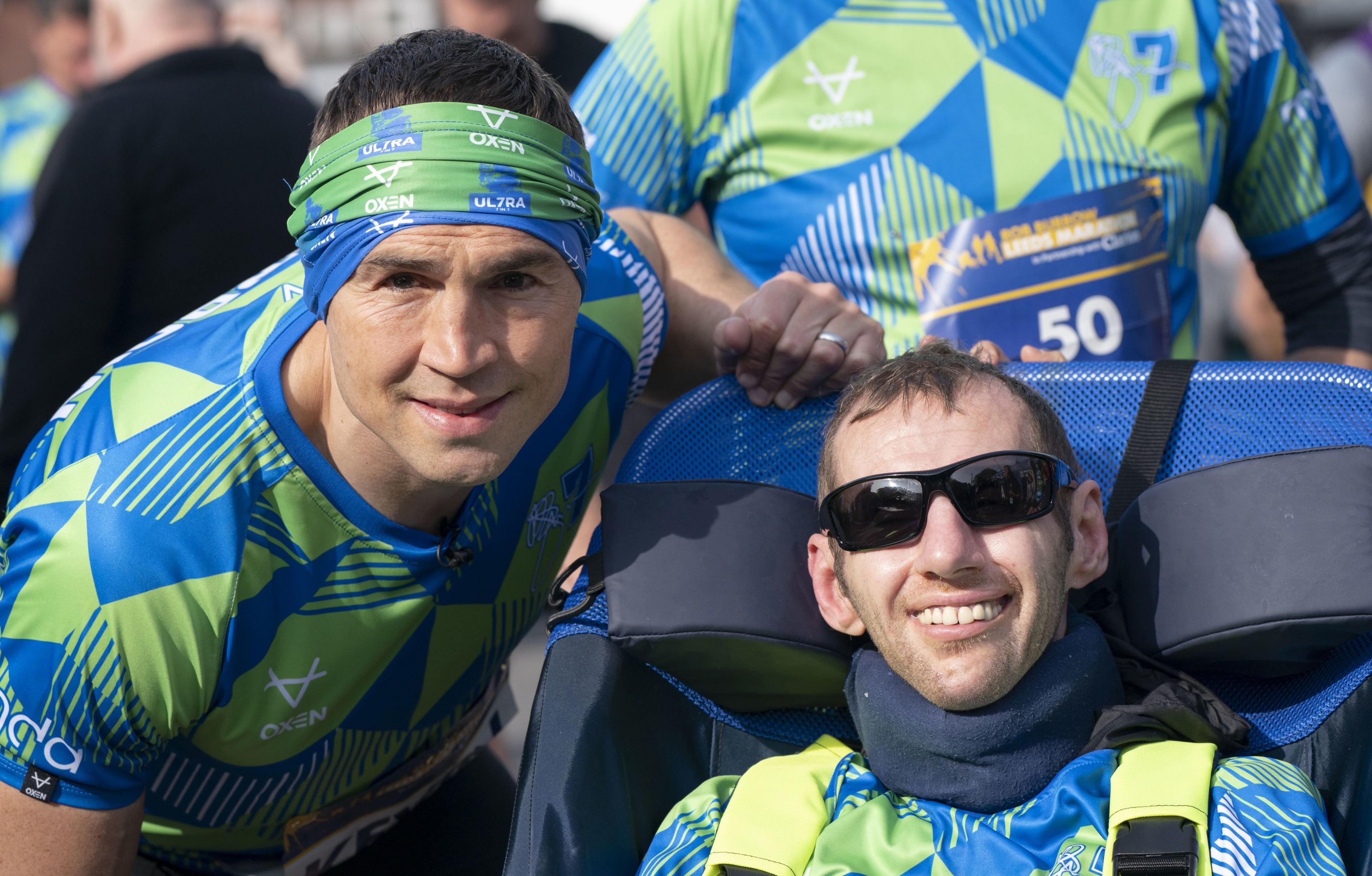
- Published1 December 2024
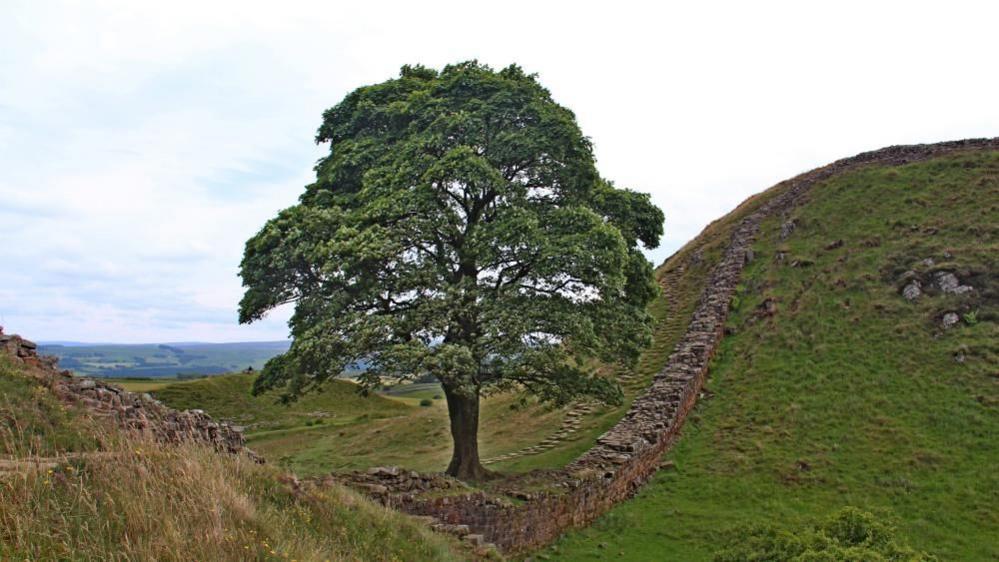
- Published2 September 2024
